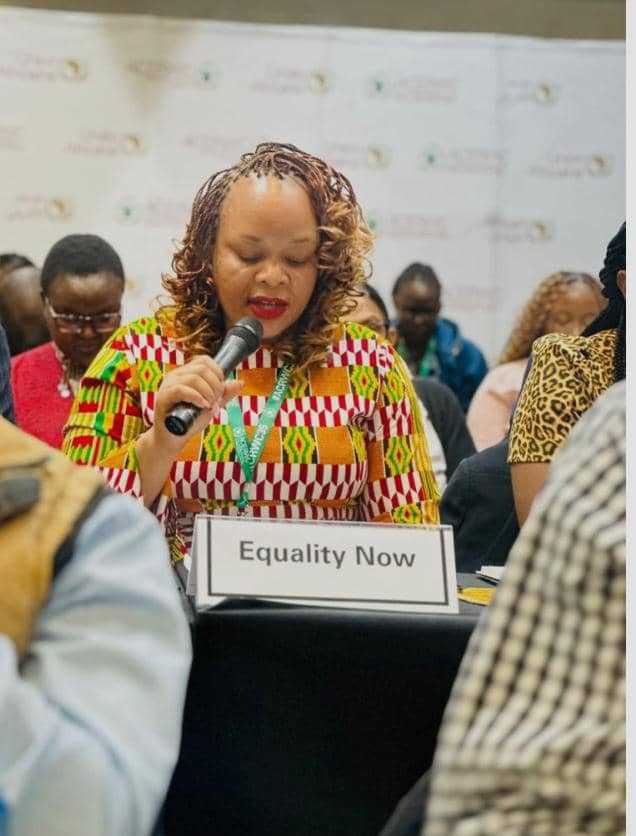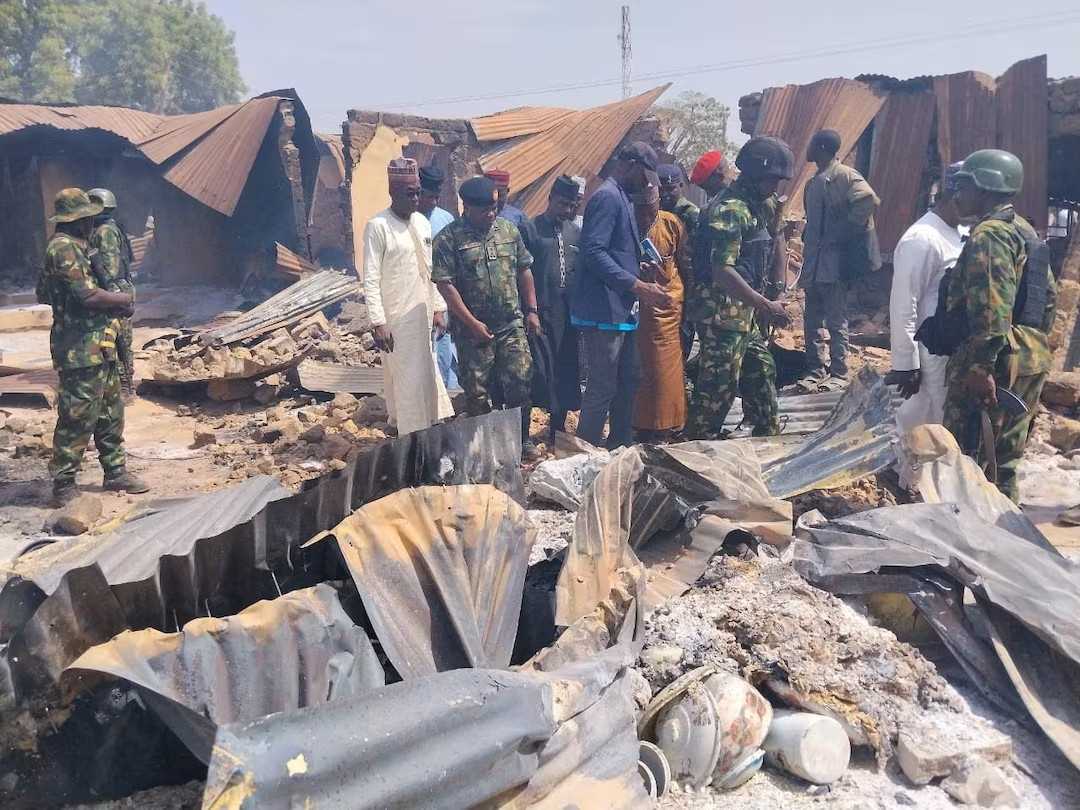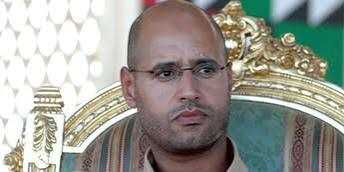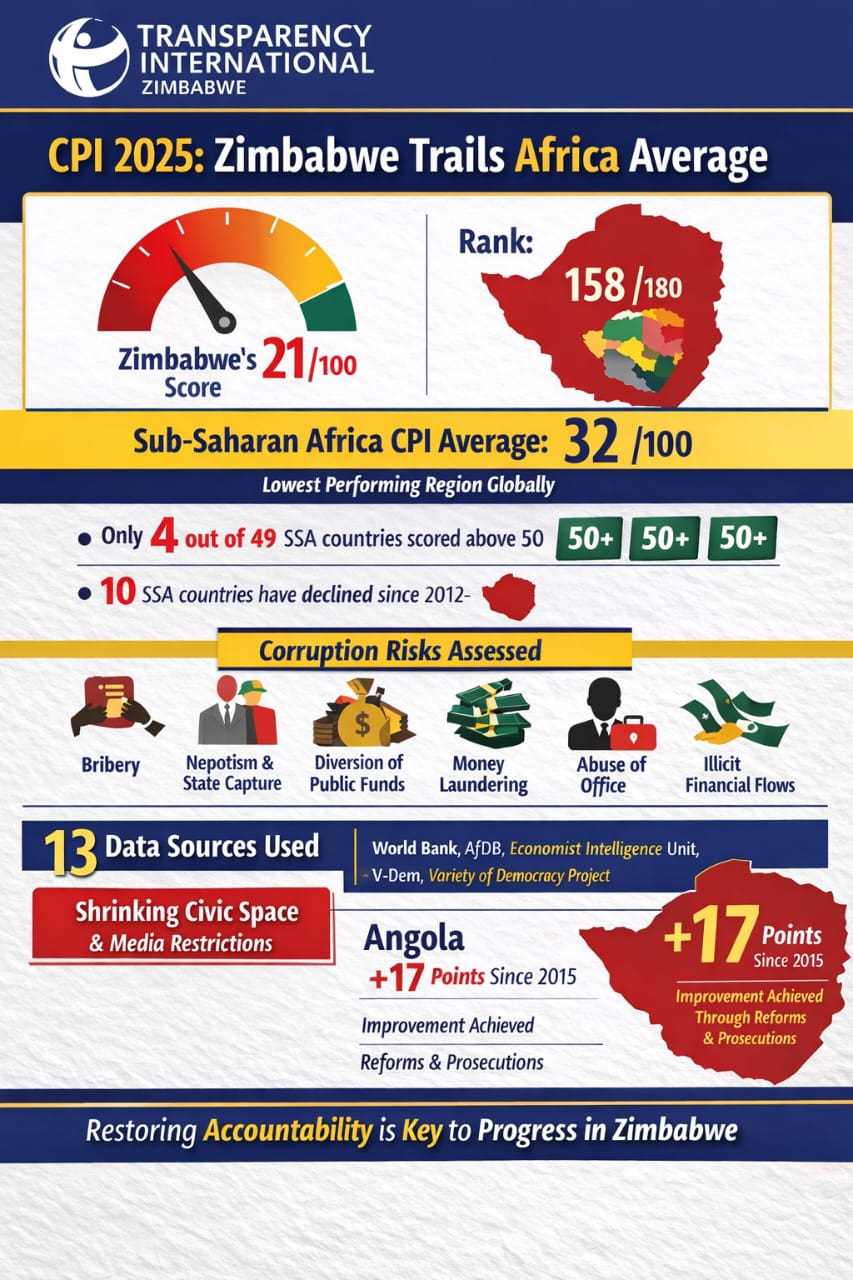
Munyaradzi Blessing Doma- Zim Now Reporter
While African member states and stakeholders have made commendable progress in advancing the rights of children in the continent, the pace of progress remains disturbingly slow, owing to a variety of issues, Equality Now Regional Representative for Southern Africa, Sally Ncube has said.
Ncube said as a result of resource limitations, climate change-related and conflict emergencies, inadequate participation of children in planning and budgeting for programs, and essential services affecting them increasing online risks and harms, legal protection gaps, and inadequacies leading to impunity and lack of sustained protection of children against harmful practices, sexual exploitation, violence, and abuse; advancing the rights of African children remains a pressing issue.
Ncube shared Equality Now’s statement this Tuesday, during the 45th Ordinary Session of the African Committee on the Rights and Welfare of the Child in Maseru, Kingdom of Lesotho.
“The year 2025 marks the 30th Anniversary of the African Charter on the Rights and Welfare of the Child and 30 Years of the Beijing Declaration and Platform for Action.
“While member states and stakeholders have made commendable progress in advancing the rights of children in Africa, the pace of progress remains disturbingly slow, affected by resource limitations, climate change-related and conflict emergencies, inadequate participation of children in planning and budgeting for programs, and essential services affecting them increasing online risks and harms, legal protection gaps, and inadequacies leading to impunity and lack of sustained protection of children against harmful practices, sexual exploitation, violence, and abuse.”
She added that in view of the foregoing, Equality Now is calling for accelerated efforts to end Female Genital Mutilation among other social ills.
“Female Genital Mutilation continues to be an urgent critical area of concern, with significantly limited prevalence data, legal protection, and support mechanisms for survivors.
“Liberia, Sierra Leone, Mali, and Somalia remain some of the few countries in the continent with high FGM prevalence which have yet to pass laws banning the practice.
“While the Committee, in its urgent appeal to Sierra Leone in October 2024, expressed concerns over legislative debates calling for the removal of the anti-FGM provision in the Child Rights Bill 2024 and called on the Republic of Sierra Leone to uphold its human rights obligations; unfortunately, the Bill remains stalled in Parliament and is yet to pass.
“Similarly, in Liberia, bills that would prohibit FGM have remained pending in Parliament since 2023. The three-year temporary moratorium on FGM issued by the Liberian Government in 2022 expired in February 2025.
“Hence women and girls are now without any legal protections from FGM. Meanwhile, in Mali, disappointingly, provisions to ban FGM and child marriage were removed at the last minute from the amendments to the Penal Code which were adopted in late 2024.
“In addition, unfortunate efforts to claw back on legal protections against FGM are still ongoing in the Gambia with the failed attempt at repealing the anti-FGM legislation in the national assembly giving way to litigation in court still seeking the removal of this legal protection,” said Ncube.
She also called on the Committee to implore member states to defend existing laws and to enact and enforce comprehensive laws and national policies to prohibit FGM; and put in place comprehensive multi-sectoral measures in accordance with the recommendations of the ACHPR-ACERWC Joint General Comment on FGM.
Ncube further called for strengthened interventions to End Child Marriages which she said remain an urgent human rights issue requiring the strengthening of political commitment, enforcement of laws, and prioritizing survivor-focused policies to end harmful practices in Africa.
“The urgency of the issue is demonstrated by recent cases such as in Somalia, where an adult man was found to have married an 8 year-old child last month.
“Many African States are making strides towards amending their laws on child marriage in compliance with international and regional human rights obligations.
“For instance, the pending Marriage Bill in Uganda would set the minimum age of marriage at 18 for all persons, removing exceptions under current law for religious and customary marriages, as will a similar bill in South Africa (the Marriage Bill 2023). “We call upon member states to swiftly pass legislative reforms to align child marriage laws with the Children’s Charter and the Maputo Protocol.
“We are hopeful that these two Bills are swiftly passed and adopted by the Ugandan and South African Parliaments.”
It was added that there is need for signature and ratification of the Protocol to the African Charter on Human and Peoples’ Rights Relating to the Specific Aspects of the Right to a Nationality and the Eradication of Statelessness in Africa (the Nationality Protocol).
Ncube commended the African Union Heads of State Assembly for adopting the Nationality Protocol during its 37th Ordinary Session in February 2024.
“The Protocol entrenches protecting the right to nationality of children and women in Africa.
Related Stories
“We are concerned that the Protocol has zero signatures and zero ratifications one year after adoption. According to UNICEF data, more than half of the world’s unregistered children (90 million) are in Sub-Saharan Africa, putting them at risk of statelessness and lack of access to basic services.
“Therefore, we call upon the Committee to urge all Member States to sign and ratify the Nationality Protocol so that it can enter into force as soon as possible to reinforce the protection of children’s right to nationality and registration at birth and women’s equal right with men to transfer nationality to their children.
“The sexual exploitation and abuse of children in Africa are on a troubling upward trajectory, with sex trafficking becoming increasingly prevalent. This crisis is exacerbated by inequalities stemming from the climate crisis, economic decline, and ongoing conflicts. The UNODC’s Global Report on Trafficking in Persons (2024) highlights a rise in detected cases of trafficked children in Sub-Saharan Africa, emphasizing that many are trafficked beyond the continent primarily for sexual exploitation.
“In West and East Africa, boys are more frequently trafficked for forced labor, whereas girls are disproportionately trafficked for sexual exploitation.
“We urge the Committee to encourage all Member States to implement human trafficking and child protection laws fully and to ensure that designated national institutions are adequately resourced to combat this growing crisis effectively.
“Simultaneously, the online sexual exploitation of children is escalating across Africa, driven by increasing internet connectivity yet hindered by weak legal frameworks and limited cross-border cooperation.
“A 2024 report by ChildFund International and the African Child Policy Forum revealed a disturbing surge in OCSEA cases across the continent. Alarmingly, over 60% of unidentified victims were very young children, with 65% being girls.
“We commend the Committee’s General Comment No. 7 on Article 27 of the Charter, underscoring the urgent need for Member States to implement comprehensive, child-centered digital protections.
“Additionally, we acknowledge the efforts of many Member States in enacting national laws to combat OCSEA. In the spirit of the Charter and the recently adopted UN Global Digital Compact, we urge the Committee to call upon governments to ensure the effective implementation of these laws and other protective measures.
“This includes strengthening accountability mechanisms for technology platforms and companies to safeguard children’s rights in digital spaces effectively.”
Ncube further called for the strengthening of legal protection mechanisms to protect children from sexual violence as the UNICEF 2024 Report reveals that more than 79 million girls and women (over 1 in 5) across sub-Saharan Africa have experienced rape or sexual assault before turning 18.
“When online or verbal abuse is included, the number of girls and women affected rises to 650 million globally (1 in 5), underscoring the urgent need for comprehensive prevention and support strategies to address all forms of violence and abuse against girls effectively.
“According to the same report, Sub-Saharan Africa has the highest number of child victims of sexual violence globally. In Conflict settings with weak institutions girls face an even greater risk, with the prevalence of rape and sexual assault in childhood slightly more than 1 in 4.
“Equality Now 2024 report dubbed Barriers to Justice: RAPE IN AFRICA, LAW, PRACTICE AND ACCESS TO JUSTICE, also revealed key gaps in rape laws in 45 African Countries that result in routine denial of justice to survivors of sexual violence including children.
“The gaps include laws allowing the perpetrator to walk free on reaching some form of “settlement,” including marrying the victim; laws framed in terms of morality rather than bodily integrity, thereby perpetuating a cycle of violence and discrimination; laws that explicitly permit rape in marriage, even of children; laws permitting judicial discretion to reduce charges or define evidence based on a stereotyped assessment of the complainant’s behavior; laws that fail to recognize true consent is impossible in situations of dependency or extreme vulnerability; laws or practices inhibiting investigation or prosecution of sexual assault; and laws requiring witness corroboration and other overly burdensome evidence.
“We urge the Committee to encourage all Member States to: repeal discriminatory laws, address gaps in legal definitions of rape, and failures in implementation that deny survivors access to justice. Strengthening laws and regulations to protect children from all forms of sexual violence, and invest in the people, resources, and systems needed to implement them.
“Create public awareness on sexual violence as a human rights issue to challenge and change social and cultural norms that allow sexual violence to occur and discourage children from seeking help.
“Equipping every child with accurate, accessible, and age-appropriate information that empowers them to recognize and report sexual violence.
“Ensuring that every child victim and survivor has access to services that support justice and healing and reduce the risk of further harm.
“Building better national data systems to monitor progress and ensure accountability for perpetrators of sexual violence,” said Ncube.
She noted that it was also important to strengthen access to education both as a human right and as a tool to promote economic and social well-being.
Ncube reiterated that Equality Now remains committed to supporting the Committee in contributing to initiatives and efforts to implement The African Charter on the Rights and Welfare of the Child to promote and protect children’s rights in Africa.



















Leave Comments